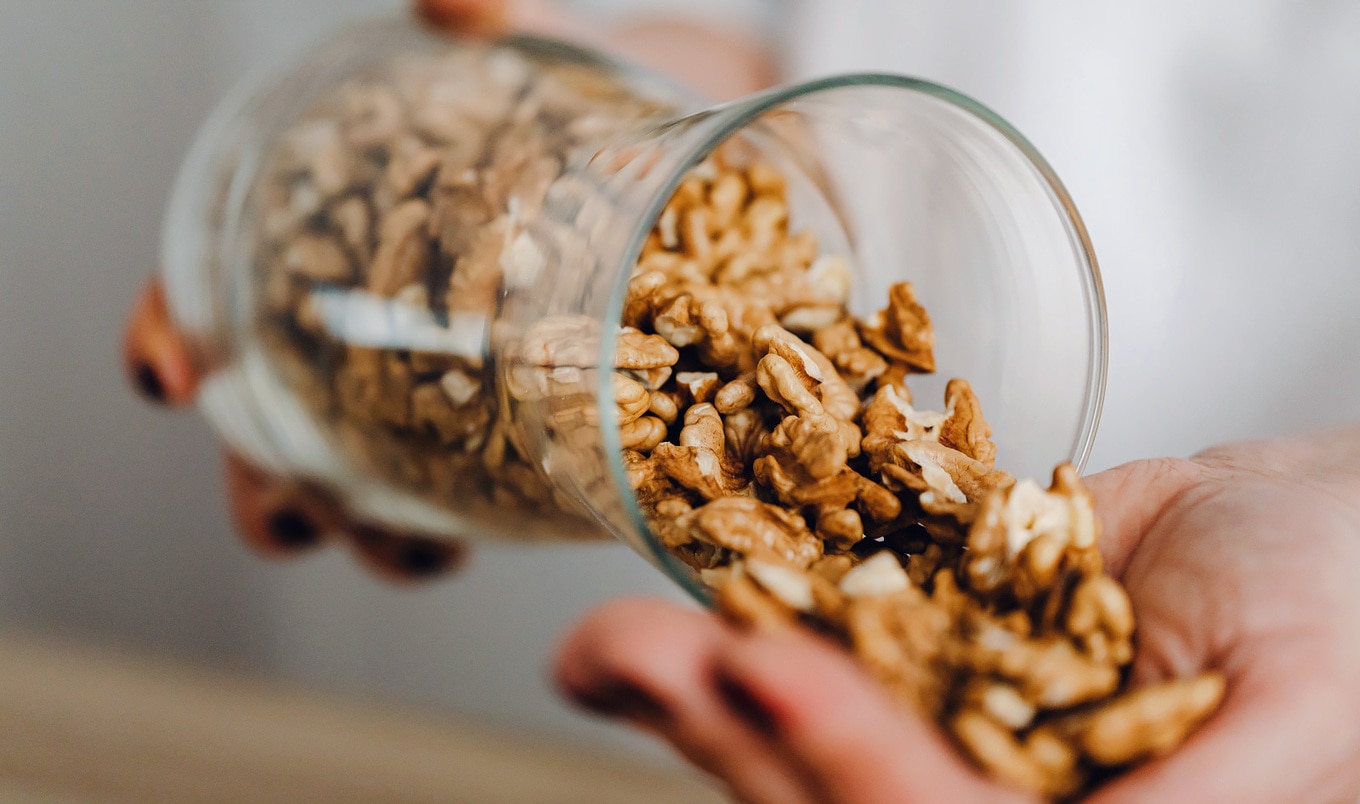A plant-forward diet originally designed to protect adults against cognitive decline might hold the key to enhancing attention in pre-adolescents, according to a recent study presented at NUTRITION 2023, the prestigious annual meeting of the American Society for Nutrition.
The research suggests that the Mediterranean-DASH Intervention for Neurodegenerative Delay (MIND) diet could potentially boost cognitive development in children, ultimately impacting their academic success. The MIND diet combines aspects of two popular diets, the Mediterranean diet and the Dietary Approaches to Stop Hypertension (DASH) diet, and was designed specifically to help improve brain health and function and prevent dementia.
Conducted by Shelby Keye, PhD—a former doctoral student in the Department of Kinesiology and Community Health at the University of Illinois Urbana-Champaign—the study compared two diets: the Healthy Eating Index–2015 (HEI-2015) against the MIND diet.
 Pexels
Pexels
The HEI-2015 adheres to the Dietary Guidelines for Americans, while the MIND diet combines elements of the Mediterranean and heart-healthy DASH diets, emphasizing brain-boosting foods.
“We assessed how adherence to these diets was associated with children’s attentional inhibition —the ability to resist distracting stimuli—and found that only the MIND diet was positively linked with children’s performance on a task assessing attentional inhibition,” Keye said in a statement.
Improving kids’ attention span with plant-forward food
Similar to its parent diets, the MIND diet—while not fully free from animal products—prioritizes fresh fruits, vegetables, nuts, whole grains, and legumes like beans, lentils, and peas. However, it goes a step further by incorporating brain-enhancing foods such as leafy greens and berries.
Although the MIND diet has displayed positive effects in adults, it remains relatively unexplored in children.
 Adobe
Adobe
The study analyzed data from a previous cross-sectional study led by Naiman Khan, PhD, a professor of Kinesiology and Community Health at the University of Illinois Urbana-Champaign. The 85 participants, aged 7 to 11 years, completed a seven-day diet record from which researchers calculated HEI-2015 and MIND diet scores.
Additionally, participants underwent a task that evaluated spatial attention and executive control, with reaction time and accuracy recorded. The study excluded children with neurological disorders such as ADHD or autism to minimize confounding factors.
The results revealed a significant positive correlation between MIND diet scores and participants’ accuracy on the attention task, indicating that children who adhered more closely to the MIND diet performed better. The findings underscore the potential of the MIND diet in bolstering cognitive abilities in children.
“This suggests that the MIND diet could have the potential to improve children’s cognitive development, which is important for success in school,” Keye said.
However, the researchers caution that while this shows an association, further intervention studies are necessary to establish any causal links.
Looking ahead, the researchers aim to explore the relationship between the MIND diet and attention in younger children, including preschoolers and toddlers, to uncover potential age-related differences and investigate any developmental effects.
If confirmed, these findings could pave the way for dietary interventions aimed at enhancing cognitive function in children, potentially transforming how we approach childhood education and well-being.
Plant-forward diet for brain health
The new study isn’t the first to assess the impact of a plant-forward diet on brain health. At the end of 2022, research suggested that just one handful of walnuts per day could help improve students’ stress levels, leaving them with improved mental health and sleep. This may be because walnuts are rich in omega-3 ALA, noted the researchers.
 Pexels
Pexels
“While more supporting research is needed, evidence is becoming clear that consuming walnuts as a healthy eating pattern may have positive effects on cognition and mental health, potentially owing to their abundance in omega-3 ALA content,” lead researcher Larisa Bobrovskaya, PhD, said.
A study published in the journal eLife also found that a plant-forward “green-Mediterranean diet” may be good for our brains. This diet is low in processed meats and high in dietary polyphenols, which are naturally occurring compounds often found in plant-based foods.
The study involved 300 participants who ate 28 grams of walnuts per day, as well as three to four cups of green tea, and one cup of a Wolffia globose (an iron-, protein-, and polyphenol-rich flowering plant, also known as duckweed) shake.
 Getty
Getty
“Our study highlights the importance of a healthy lifestyle, including lower consumption of processed food, sweets, and beverages, in maintaining brain health,” Gidon Levakov, PhD, who helped to lead the study, said in a statement.
For the latest vegan news, read:
JUMP TO ... Latest News | Recipes | Guides | Health | Shop









